Political turmoil in Germany as coalition fails to elect Chancellor
- Update Time : Wednesday, May 7, 2025
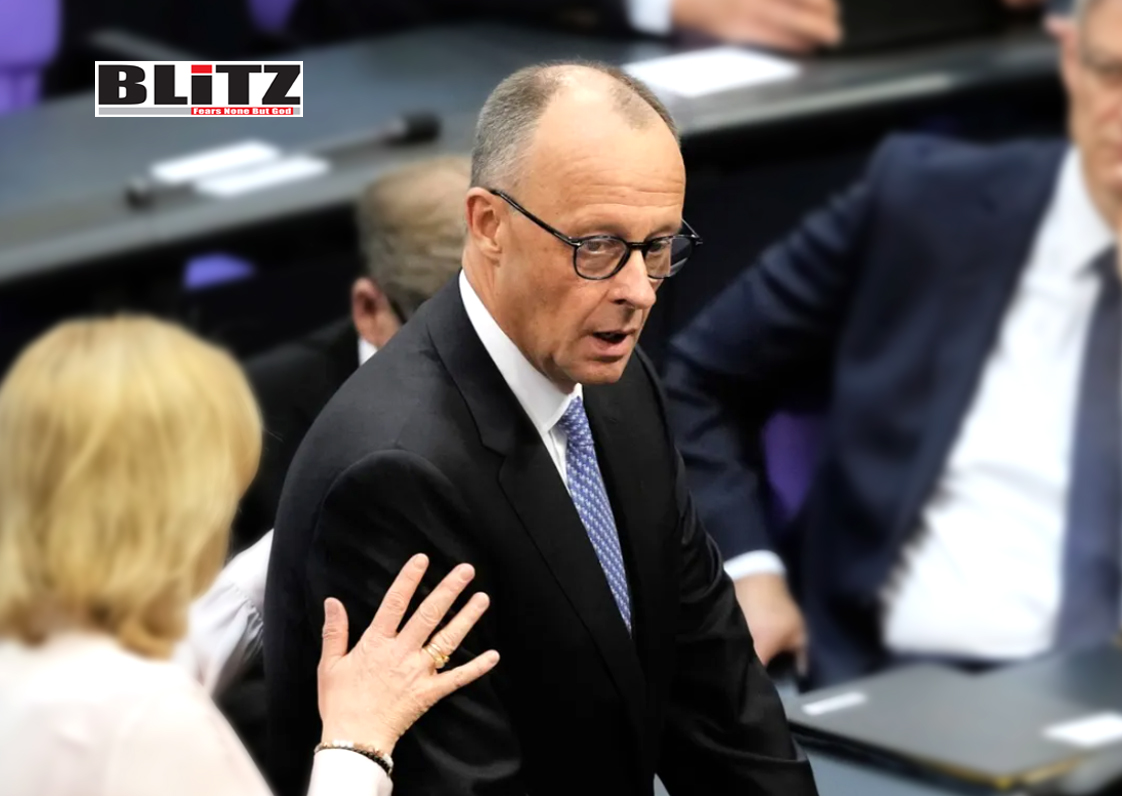
Germany plunged into political uncertainty on May 5, Monday after a proposed coalition of liberal and conservative parties failed to secure enough votes to elect a new chancellor, marking a historic first in the nation’s post-World War II era.
In the Bundestag’s first round of voting, Christian Democratic Union (CDU) leader Friedrich Merz, backed by the CDU/CSU bloc and the Social Democratic Party (SPD), received 310 votes -six short of the 316 needed for an absolute majority. The failure triggered an immediate adjournment as political leaders retreated for urgent consultations over how to proceed.
The Bundestag session on May 6, initially expected to formalize the beginning of a new government, instead threw Germany’s political future into disarray. According to German media, this was the first time since the establishment of the Federal Republic of Germany in 1949 that a candidate nominated by a coalition with a numerical majority failed to secure election in the first round.
Merz’s coalition appeared numerically secure heading into the vote. The CDU/CSU bloc and the SPD collectively control 328 seats in the 736-seat Bundestag. Yet the result exposed critical cracks within the alliance, suggesting that dissent exists even within its own ranks. While party leaders had projected unity, a notable number of MPs either abstained, voted against Merz, or possibly lodged protest votes.
The failed vote poses immediate questions about the coalition’s viability. If Merz or an alternative candidate cannot secure a majority in a second ballot to be held within two weeks, a third and final round would require only a simple majority – meaning the candidate with the most votes wins. At that point, German President Frank-Walter Steinmeier must decide whether to formally appoint the winner or dissolve the Bundestag, likely triggering snap elections.
Such a scenario would be deeply destabilizing for Germany at a time when Europe’s largest economy faces immense challenges – including sluggish economic growth, mounting energy pressures, and increased geopolitical tensions over the war in Ukraine.
The CDU/CSU-SPD coalition had pledged to continue major aspects of former Chancellor Olaf Scholz’s policy platform. Among their stated priorities were ongoing military and financial support for Ukraine, and modifying Germany’s constitutional “debt brake” rules to allow expanded defense spending – a contentious issue domestically.
However, the proposed government faced opposition from both left and right. Left-wing critics argued that militarization and Ukraine funding diverted resources from social programs, while right-wing populists decried the coalition’s commitment to European Union integration and immigration policies.
The cracks revealed in Monday’s vote suggest that skepticism about the coalition’s durability extends into its own parliamentary base. Disgruntled backbenchers may have used the secret ballot to express concerns about the leadership, the policy direction, or the very idea of an alliance between traditional rivals.
Complicating the political landscape is the surging popularity of the Alternative for Germany (AfD) party. The right-wing, anti-immigration movement has seen a remarkable upswing in the polls, currently registering support levels similar to those of the CDU.
Just last week, Germany’s Federal Office for the Protection of the Constitution (BfV) officially designated the AfD as an “extremist” organization, a move that the party’s leaders vehemently condemned as politically motivated. They accused the intelligence services of attempting to stifle legitimate political dissent through administrative means.
The extremism label carries significant legal and reputational consequences, enabling authorities to subject AfD members to increased surveillance. However, it also risks backfiring by galvanizing the party’s supporters, who view the designation as proof of establishment efforts to suppress alternative voices.
In some regions, particularly in eastern Germany, the AfD now commands more than 30% of voter support – a seismic shift that mainstream parties have struggled to counter.
Germany’s political establishment now faces a series of difficult choices. If the CDU/CSU and SPD cannot rally their members around a candidate in the next two weeks, the possibility of fresh elections looms large.
Such elections would almost certainly be fought against a backdrop of heightened political polarization, with the AfD poised to make significant gains. Analysts warn that the failure of the coalition to project stability could feed public disillusionment, further eroding trust in Germany’s traditional parties.
Moreover, Germany’s European partners are watching developments with increasing unease. Berlin has long been seen as the EU’s anchor of stability, and any prolonged period of political drift could weaken Europe’s collective response to major crises – from Ukraine’s defense to energy security and economic recovery.
Friedrich Merz, a long-time figure in German politics, now faces a personal and political reckoning. His leadership will come under intense scrutiny in the coming days. While Merz has sought to reposition the CDU as a center-right force capable of absorbing voters from both the traditional right and disenchanted centrists, Monday’s failure raises doubts about his ability to unite even his own ranks.
Calls have already begun to surface for a rethink of the coalition agreement. Some suggest that a broader, more inclusive government – perhaps involving the Green Party or Free Democratic Party (FDP) – might be necessary to secure parliamentary approval.
The failure to elect a chancellor on May 6 marks an extraordinary moment in German postwar politics. It highlights not just the fragility of the proposed coalition, but also deeper undercurrents of dissatisfaction within Germany’s political system.
In a period when Germany faces significant external and internal pressures, political instability could not come at a worse time. Whether the current coalition can salvage its project, or whether Germany heads into another bruising election campaign, remains to be seen.
For now, one thing is clear: Germany’s much-vaunted political stability – once considered a bedrock of European order – is no longer something that can be taken for granted.


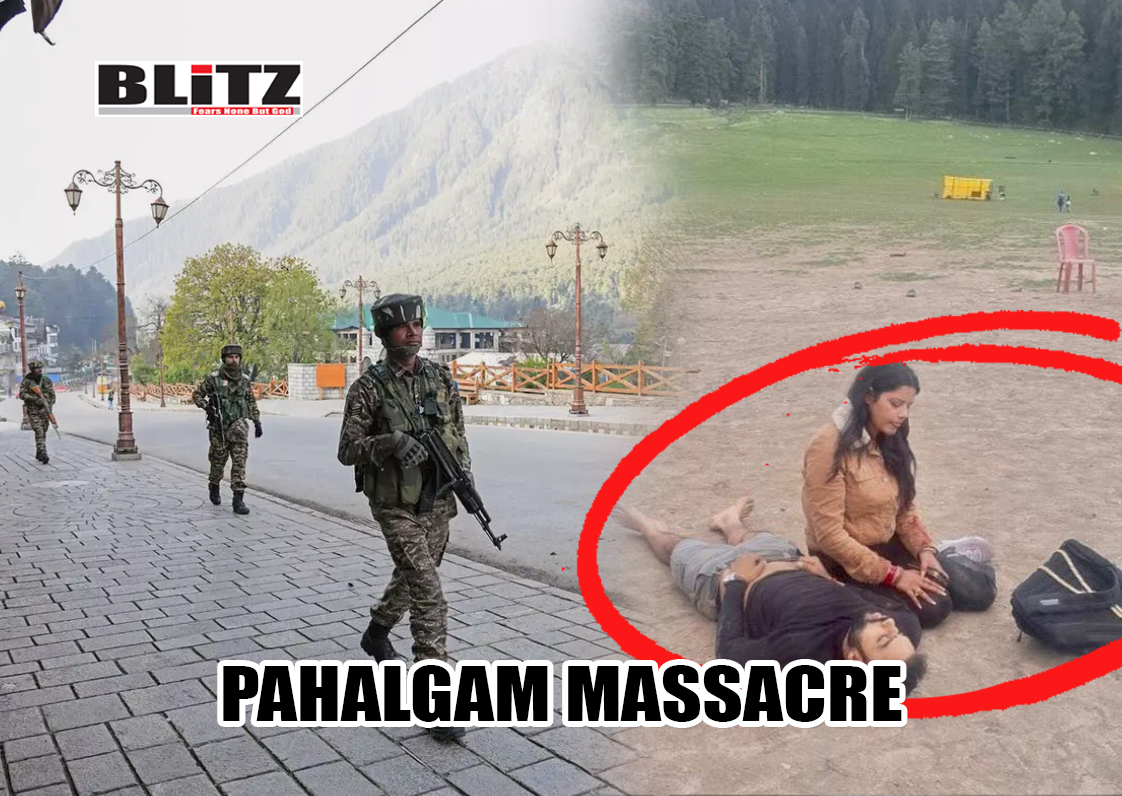

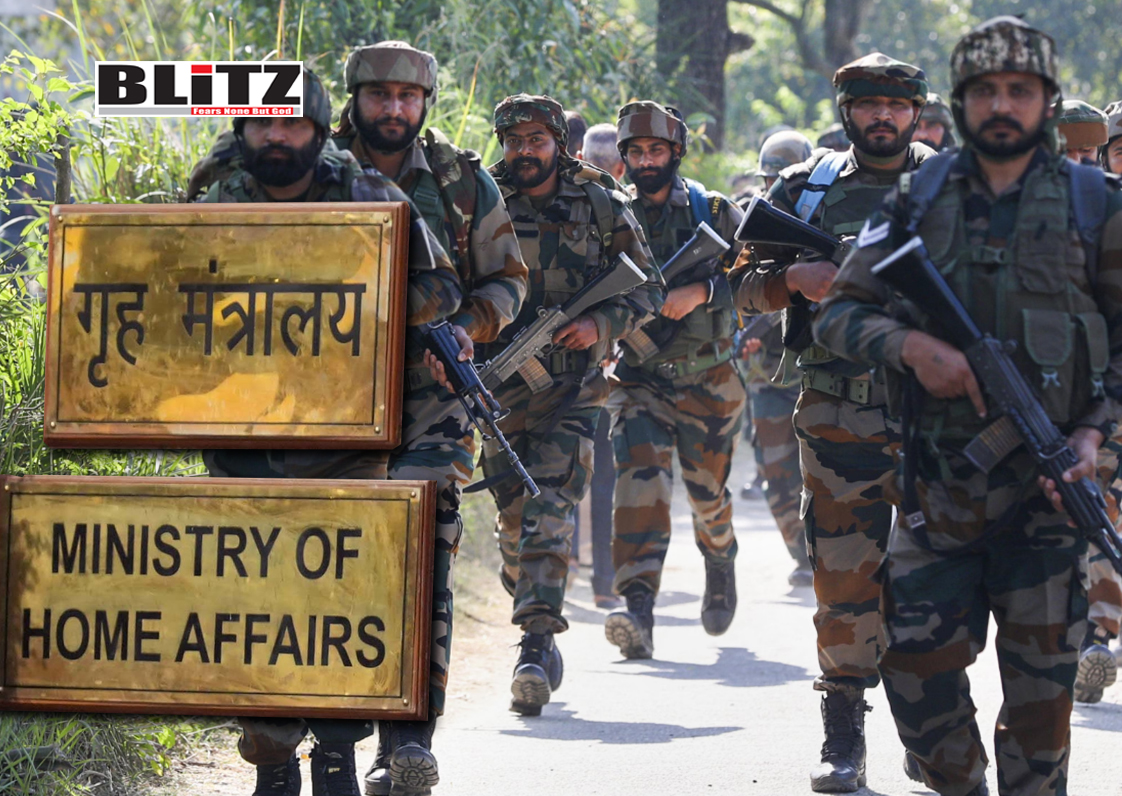



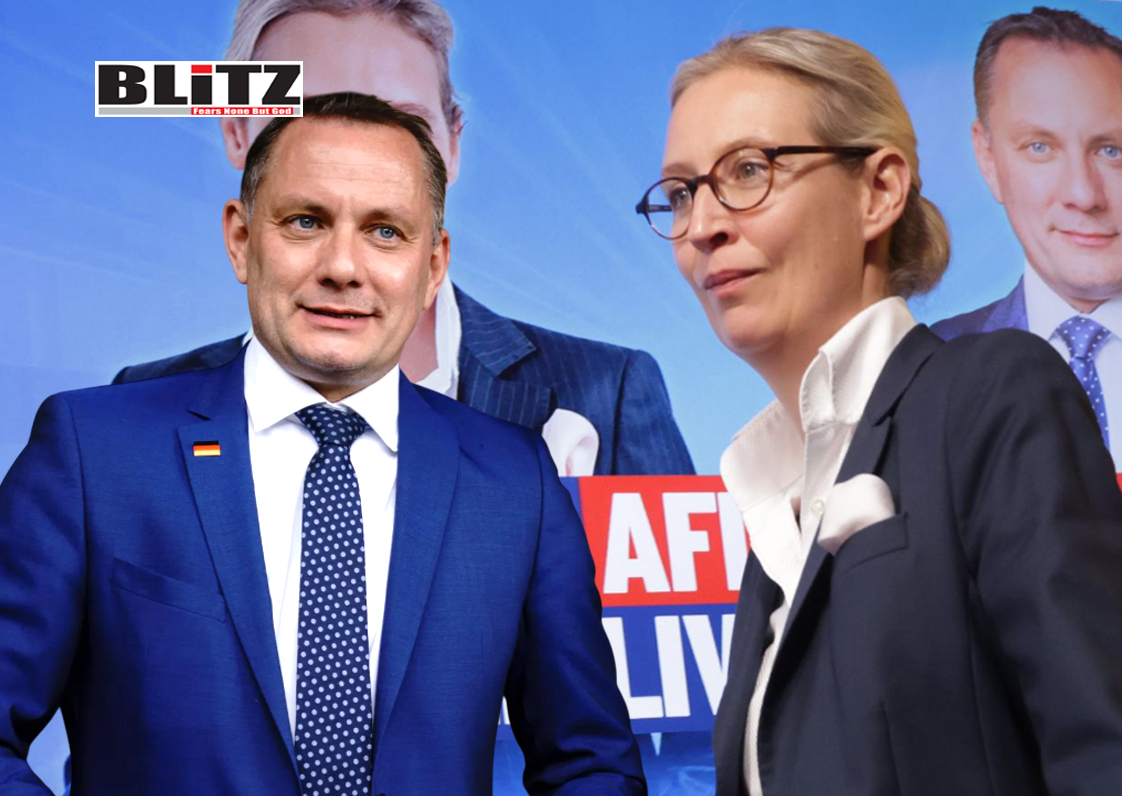

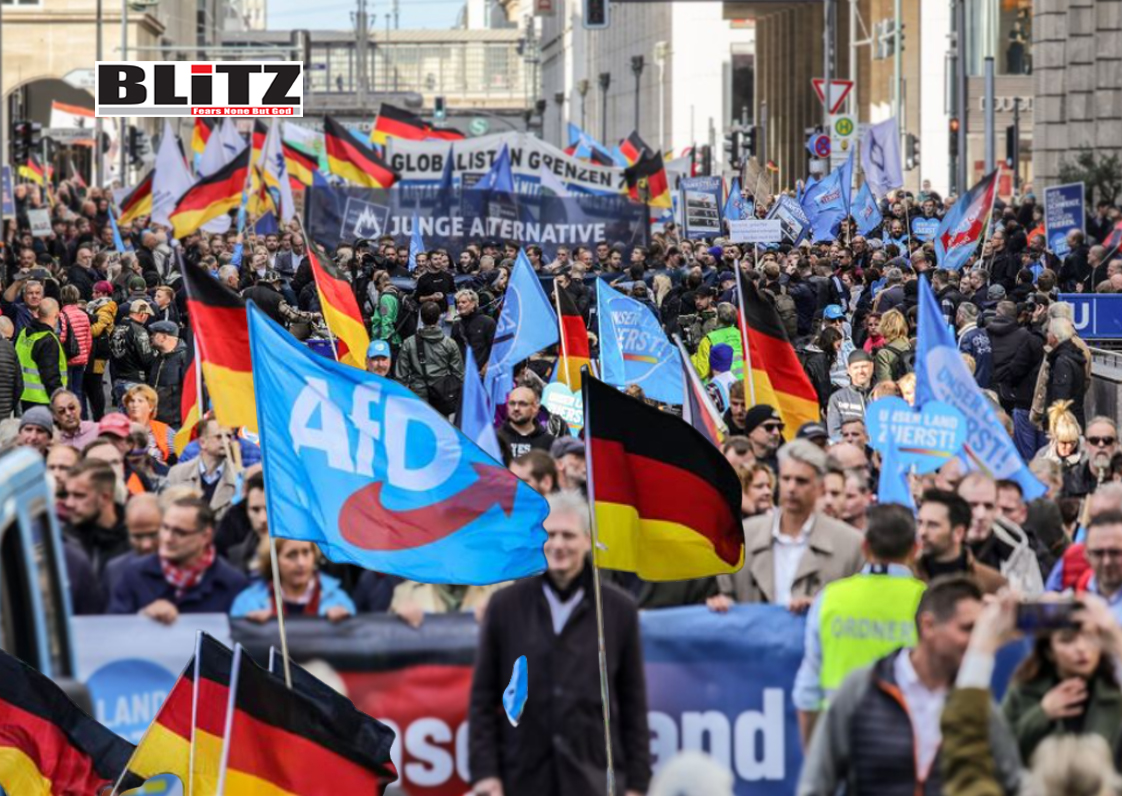

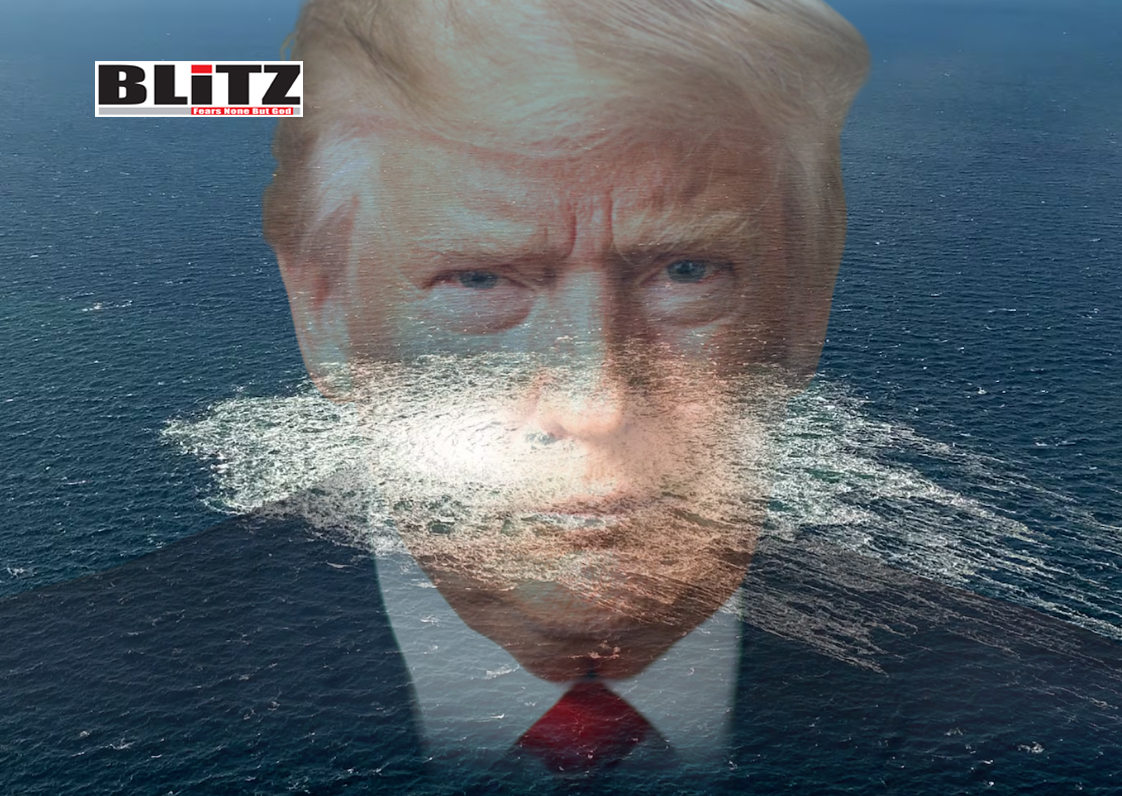
Leave a Reply